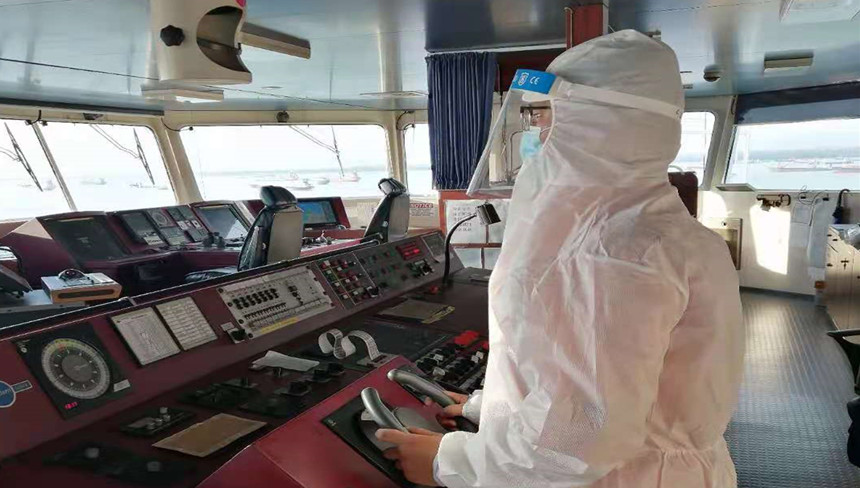LP 22/2021 Contracts of Carriage for Sea in the Context of India’s Covid Surge

With the second wave of coronavirus spreading ferociously in India since April, dramatic rise of infections has put a severe strain on local medical resources. What makes it even more overwhelming amid this out-of-season outbreak is the circulation of double-mutant variant. Younger victims and new symptoms were detected. It is then inevitable that the production and operation at most ports were affected. Members of the Association, seriously concerned over impact of India’s COVID-19 surge on charterparty execution, has been asking us frequently about relevant issues. This article is prepared to offer a brief analysis.
I. Impact on Indian ports
According to the statistics provided by the Ministry of Health on 16 June 2021, India has reported over 29,630,000 confirmed cases and 370,000 deaths, with a single day rise of over 60,000 cases. The number is still climbing despite the slowdown since April. Experts have also predicted that the third wave is expected to start in 6-8 weeks.
The Association’s correspondent in India has provided also an update on the current situation. Main ports in India are running normal with routinary control measures taken. Ships carrying medical supplies have priority at ports, but no severe delay was caused as a lot of the supplies came in via air transportation. None of the ports were declared as epidemic area by any international organization or the government authority. Although isolation area and curfew are imposed at some cities, most ports are in normal operation offering essential services. However, several ports globally are shunning ships that have called at Indian ports by requiring days of quarantine at anchorage.
Yet we have to make it clear that there is no guarantee on the accuracy of above information, which was up to date as of press time and shall not be used by any party as grounds to decide whether to call at Indian ports or what measures to take. Members that have plans for voyage to India should consult local agents for the latest official announcement.
II. Unsafe ports
With extensive coverage of India’s ongoing pandemic, some owners tend to refuse to call at an Indian port by arguing that the actual risk of contamination may render the port “unsafe”. To make the unsafe port claim well established, owners shall bear the burden of proof to assert that the risk to the ship crew of infection is real and significant. Unless otherwise provided in the contract, only serious and pressing danger can potentially render a port unsafe.
III. BIMCO Infectious Disease Clause
The BIMCO Infectious or Contagious Disease Clause for Voyage Charter Parties 2015 and Infectious or Contagious Disease Clause for Time Charter Parties 2015 are designed to deal with risks imposed by contagious diseases.
According to sub-clause b, it is for owners or master to determine on the basis of reasonable judgment whether to allow the vessel to proceed to an Affected Area. (“Affected Area” means any port or place where there is a risk of exposure to the Vessel, crew or other persons on board to the Disease and/or to a risk of quarantine or other restrictions being imposed in connection with the Disease.)
Likewise, owners will have to prove the risk of infection to invoke the clause. BIMCO has emphasized in its explanatory notes that a high threshold has been inserted so that the triggering mechanism will take effect only in instances of extreme illness and cannot be misused for commercial purposes in relation to more commonly encountered or widespread viruses. The level of danger must be real and significant.
For more information, please contact Managers of the Association.
